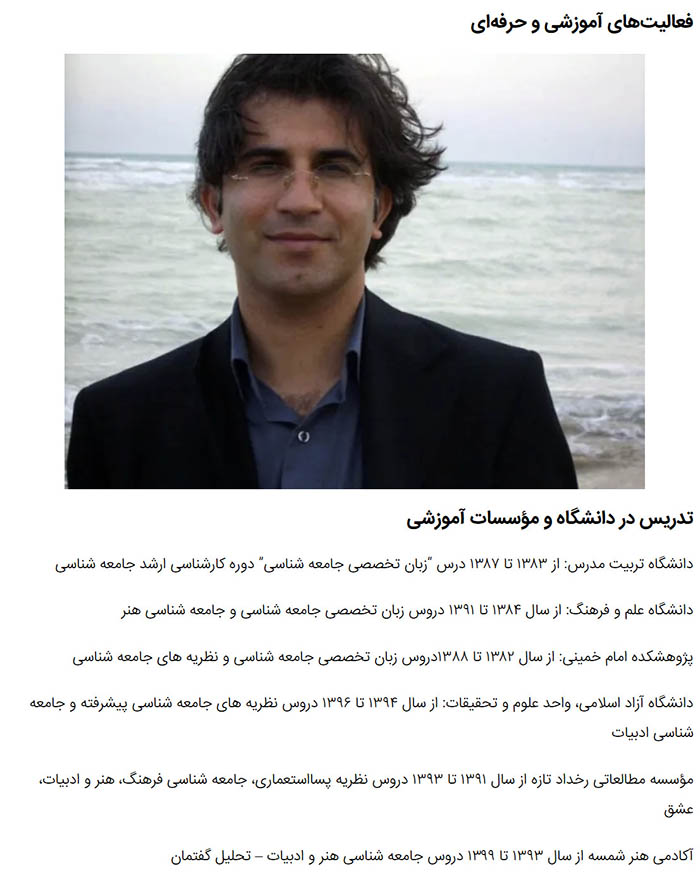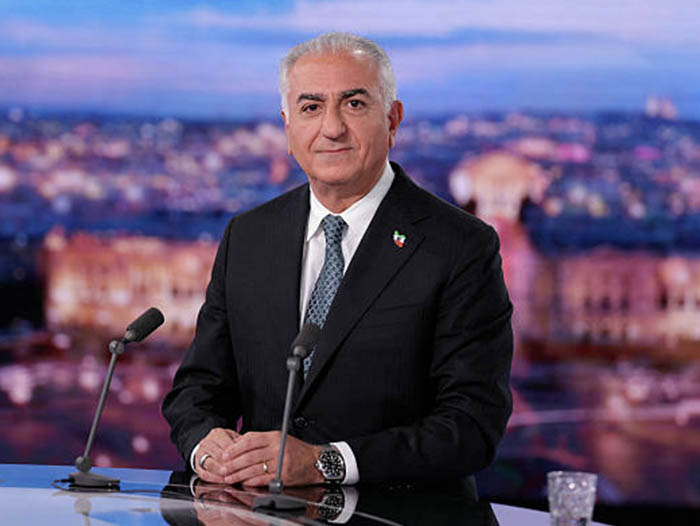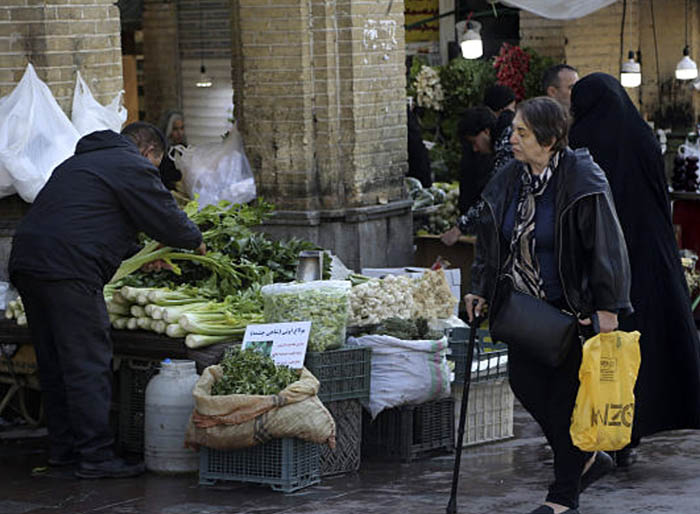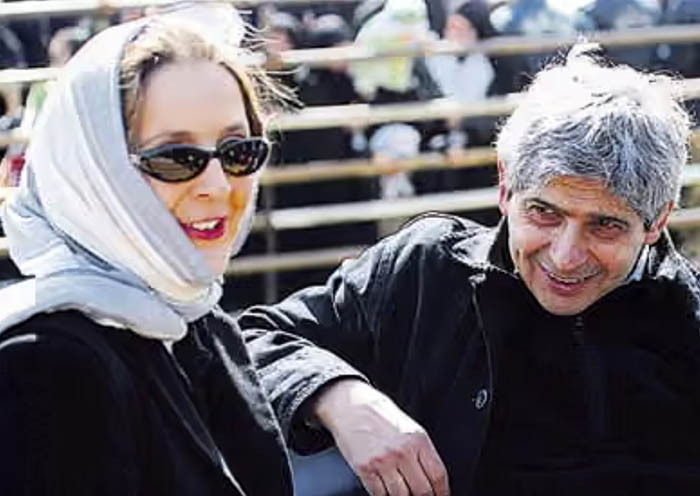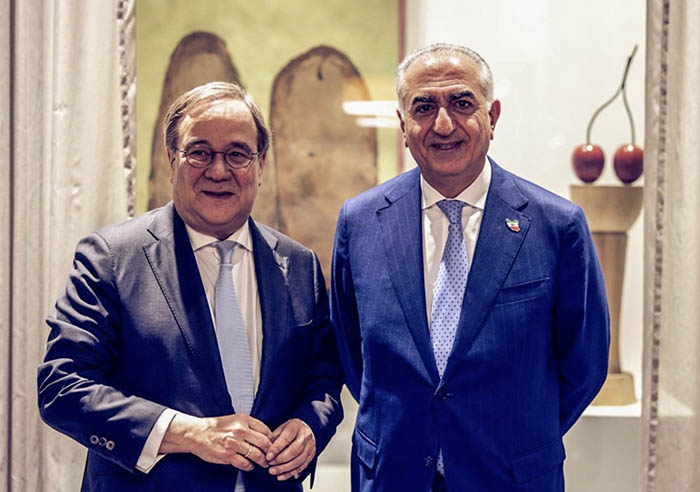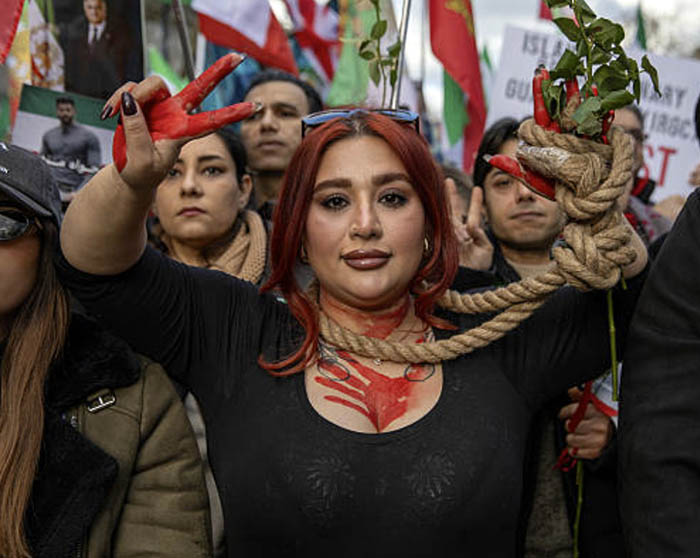The Influential Life and Works of Mostafa Mehrayin: A Comprehensive Biography
Academic and Professional Activities
Dr. Mostafa Mehrayin’s academic career is marked by extensive teaching roles across various prestigious institutions. His teaching trajectory began in 2003 at the Imam Khomeini Research Institute, where he conducted specialized language courses in sociology and sociological theories until 2009. Following this, he contributed his expertise at the University of Science and Culture from 2005 to 2012, focusing on specialized language courses tailored for sociology and the sociology of art.
From 2004 to 2008, he taught a course on the “Specialized Language of Sociology” for Master’s students at Tarbiat Modares University. His commitment to education continued at the Islamic Azad University — Science and Research Branch — where he delivered advanced courses on sociological theories and the sociology of literature from 2015 to 2017.
His dedication to sociology is also evident in his association with the Mukhdad Tazeh Studies Institute, where he taught from 2012 to 2014. Here, he offered courses on postcolonial theory, sociology of culture, and their intersections with literature and love. Additionally, he served at the Shamse Academy of Arts from 2014 to 2020, where he taught courses on the sociology of art and literature, emphasizing discourse analysis.
Founding the Mukhdad Tazeh Studies Institute
Dr. Mostafa Mehrayin is not just an academic; he is also a founder of the Mukhdad Tazeh Studies Institute, established in 2011. This institute was a collaborative effort among sociology professors, including notable figures like Dr. Mohammad Fazeli and Dr. Mohammad Rezaei. Under Dr. Mehrayin’s leadership, the institute aimed to study and research topics across five fields: sociology, history, philosophy, theology, and art.
The Mukhdad Tazeh Studies Institute quickly became a hub for intellectual discourse, organizing seminars, workshops, and courses that enriched knowledge in social sciences. With contributions from prominent professors such as Saeed Leilaz, Bijan Abdolkarimi, and others, it fostered an environment for rigorous academic exploration. Unfortunately, the institute ceased operations in 2014 due to financial constraints and changing social conditions.
